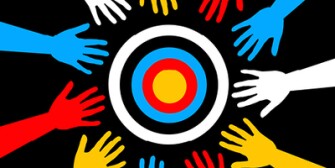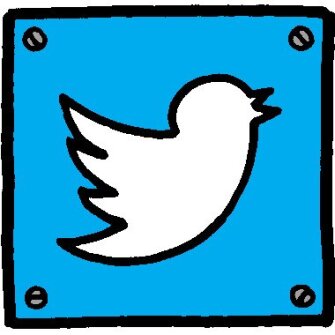As a teacher, I spend most of my time thinking about students: What do they need? How can I support them? How can I create spaces to uplift their voices?
While my work is kid-focused, it is important to, at times, step back and evaluate our relationships with adults. Our colleagues are ones that we want to be collegial with and caring for. They are the people we often see as “in the trenches” with us, and we want to do our best to support them, too.
Sometimes, though, the adults in our schools make very, very big mistakes.
When the story about the Idaho teacher went up, I, like many people, was aghast. Who let this happen?! I thought to myself angrily. How could people have been so thoughtless?
Then, I thought about the times I had remained silent, complicit as adults in my life did things that were not what I felt was best for kids. Generally nonconfrontational and occassionally doubtful of the validity of my opinions (Am I taking things too seriously? Am I being too sensitive?), I have let things slide because I did not want the fight. With time, I’ve found my voice and held to the courage of my convictions, I’d be lying if I said I had not let an inappropriate joke or comment slide—including in front of my students.
Remembering this made me a little heartsick. While a joke and an entire costume (with it’s visual power and more-than-a-fleeting-moment experience) are different, these seemingly no-big-deal-it’s-just-a-joke things are powerful. I know my experiences have stuck with me:
Some people describe shame as "red-hot." They speak to cheeks flaming, blood boiling. Shame is often perpetuated as a heated feeling. Shame, for me, was always ice-cold. As a Mexican-Filipina girl, my brown skin sometimes felt like it stuck out like a sore thumb. I knew my last name signified me as "other" and "less-than." I would hear my ethnic background associated with the word "dirty" and saw the insult lobbed casually at white boys who had gotten too tan at the beach that weekend. Teachers would look up, sometimes shake their head or perhaps even smile, and ignore them. I would see this and feel my veins turn to ice. That ice-cold shame sometimes made it difficult for me to focus in class. Was everyone looking at me? Was I really that bad? My affective filter would go up, and my ability to engage in my studies went down.
The thing is, even when we’re not speaking to our students directly, even as we lament that they don’t pay attention (how many times will I tell students where to find their assignments this year alone?), our role as caretakers and role models cannot be overlooked. Children will listen, and the power of our words cannot be underestimated. Kids take notice of what we do, how we react, and how we respond to our colleagues. As an education community, we spend time developing strategies to have tough conversations with our students, but we must also put time and work toward figuring out how to have tough conversations with each other as well.
The more we let these things slide, the more we create a world where students believe “casually” racist jokes are innocuous and acceptable. In doing so, we create spaces that are unsafe for our other students, particularly when we show them that someone they trust to take care of them can commit these acts without consequence.
Yes, forgiveness is important, and we should also model that for our kids. However, our actions deserve to be held to a higher standard than our students’. If we want to work toward true inclusivity, we must show that perpetuating oppressive beliefs, intentional or not, has a consequence on something or someone other than those oppressed.

We have to be willing to hold each other and ourselves accountable, because even if getting called out or facing the consequences of our actions can be painful, it’s nothing compared to the shame and sadness a child must feel when they see their identity mocked by the very people entrusted to uplift them. Our students will listen to our responses in those moments-- do we let it go, or do we show them that we will stand up and make sure they are safe in our classrooms? Our actions will have a lasting impact on them. They deserve better, and we must push each other and ourselves to get to that better place ourselves to provide that for our students.
Image via Getty Images


